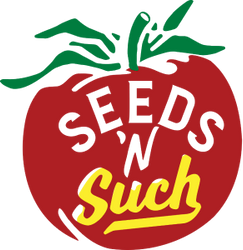
Consider “Off-Grid Food Preservation” From Mother Earth News
“Before widespread refrigeration and electricity, people developed other food-preservation methods to slow down spoilage,” says noted author Leda Meredith, who is an instructor at the New York Botanical Garden and the Brooklyn Botanic Garden, specializing in edible and medicinal plants. “Adopting some of these long-established practices and relying less on modern ones will reduce your carbon footprint; increase your self-reliance; and cost less than canning, freezing and other grid-dependent ways of preserving food,” she adds.
In the June-July issue of Mother Earth News, Meredith, author of five books, including Preserving Everything: Can, Culture, Pickle, Freeze, Ferment, Dehydrate, Salt, Smoke and More, discusses “Off-Grid Food Preservation,” noting, “with these methods and recipes, you can rely less on electricity and more on the processes of evaporation, fermentation, culturing, curing and pickling to save and savor your harvest.”
In her article, Meredith describes alternative methods for “keeping food without a refrigerator,” including a wet cloth wrap that stimulates evaporative cooling, a “zeer” which features covered glazed and unglazed pots fitted inside each other utilizing evaporative cooling, and the long-used art of “cellaring,” especially in more humid areas, where evaporation is inefficient. “Cellars maintain colder temperatures than aboveground locations in summer but stay above freezing during the winter,” notes Meredith, “They work well for most root crops, cabbage, cauliflower, and other sturdy vegetables, and they provide a place to store lacto-fermented foods after their initial room-temperature fermentation.”
Meredith also provides instructions for preparing “no-heat dairy cultures, such as yogurt, kefir and Scandinavian dairy cultures. Other “off-grid” preservation methods described by Meredith include “lacto-fermentation, full-strength vinegar pickling, preserving fruit in alcohol, dry-salting and preserving in oil or fat.” She includes website address links that add detailed information on all methods covered, and more extensive information is located on her website at www.LedaMeredith.com that features background information on the author and her other books as well.
